Terrors Behind "Toddlers & Tiaras" - Beauty Pageants Need To Go!
Why Honey Boo Boo is not the girl we should be idolizing...
Honey Boo Boo is famous for her extravagant persona, extreme temper tantrums, overwhelming attitude, and intense sassiness. All of these qualities are shared by many other young girls who participate in beauty pageants - not just in "Here Comes Honey Boo Boo" but also in TLC's notorious "Toddlers & Tiaras," a show that depicts the horrors of little girls who have dedicated their childhood to winning the crown.
These shows, and the pageants they glorify do nothing but force girls to grow up too quickly, send negative messages to viewers and participants and pose health risks for the girls involved.
Therefore, beauty pageants for young girls should be abolished.
The hypersexualization that takes place in these pageants is staggering. Not only are young girls' minds molded into having a superficial view on beauty, but they are also waxed, spray-tanned, given wigs, retouched in pictures, injected with Botox and fillers, and painted with fake abs and even breasts.
Sexy is the goal, not cute. Girls of ages 2-12 wear skimpy clothing, accentuating only their underdeveloped bodies. A 4-year-old girl on "Toddlers and Tiaras" once impersonated Dolly Parton with fake breasts, another dressed as Julia Roberts in Pretty Woman (so basically, a prostitute), and another even pretended to smoke a cigarette to look like Sandy from Grease.
In Venezuela, people are so obsessed with pageants that they send their daughters to "Miss Factories," to train them to win. At these factories, underage girls undergo plastic surgery and hormone therapy to delay puberty in attempts to grow taller. In addition, they often get mesh sewn onto their tongues so that they are physically incapable of eating solid food. This idea of taking horrific measures to look slimmer is not unique to Venezuela. A former Miss USA explained that she would "slather on hemorrhoid ointment, wrap herself up with Saran wrap, and run on a treadmill with an incline for 30 minutes to tighten her skin and waist up." Many countries, including France and Israel have banned child beauty pageants because it is "hypersexualizing." Why has the US yet to follow in their footsteps?
Additionally, the pageants strip their young contestants of a childhood by basically putting them through harsh child labor. Oftentimes, girls as young as 18 months old participate in pageants. There is no way that a girl under 2 years old has the capacity to decide for herself that she wants to participate in a beauty pageant. Not to mention, education often takes a backseat in pageant girls' lives as long practice sessions interfere with sleep and homework. This causes long-term distress for the contestants, including widespread unemployment for former pageant girls.
Moreover, these pageants tie self-worth and self-esteem to attractiveness. They teach girls that natural beauty and intelligence are not enough, when in actuality they should be doing the opposite. In fact, 72% of pageant girls hire coaches to train girls to be more "attractive."
Finally, these pageants pose potent health risks for the girls competing. Not only do intense rehearsals interfere with their sleep cycles, but they are also impacted by the harmful methods taken to keep them awake. One example is Honey Boo Boo's "go go juice" - AKA a mixture of Mountain Dew and Red Bull. She is known for drinking this continuously throughout pageant days to stay awake and energetic - but the health risks associated with the drinks, let alone for such a young girl, are completely ignored.
And, the future health problems associated with pageantry cannot be looked past. Participating in beauty pageants as kids leads to eating disorders, perfectionism, depression - in fact, at least 6% suffer from depression while competing. "The Princess Syndrome," as Psychology Today calls it relates to a small study published in 2005 that showed that former childhood beauty pageant contestants had higher rates of body dissatisfaction. This sense of dissatisfaction can so easily be translated to more severe mental and physical health issues, including depression, anxiety, and eating disorders. The average BMI (Body Mass Index) of a Beauty Contestant in the US in 1930 was 20.8, which is universally in the middle of the "healthy" range. In 2010, it was 16.9, which is considered underweight for anyone.
So, despite the entertainment these shows and pageants provide, they should most definitely be stopped due to the immense amount of issues they cause for those involved and those who watch.
Although Honey Boo Boo is (sadly) considered one of America's sweethearts, her experience in pageantry has certainly not been a positive influence in her life nor in the lives of her fans - and this is the case for nearly all young pageant girls.




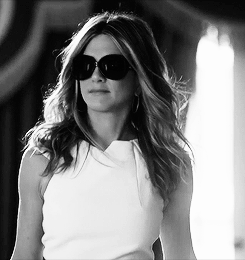
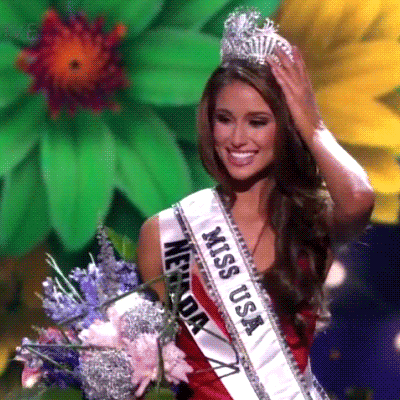

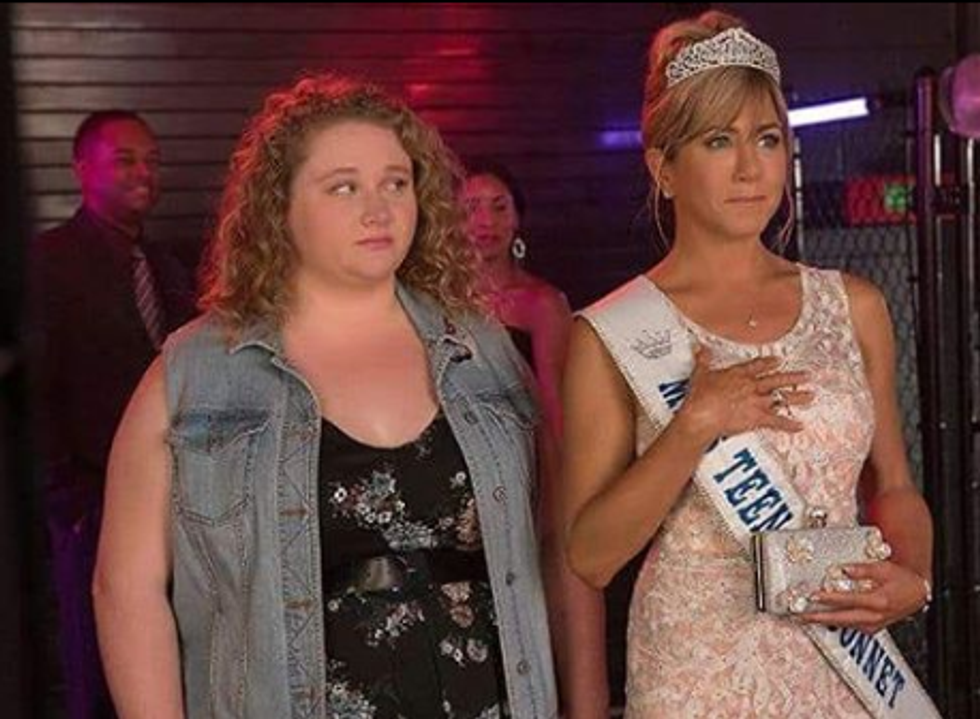

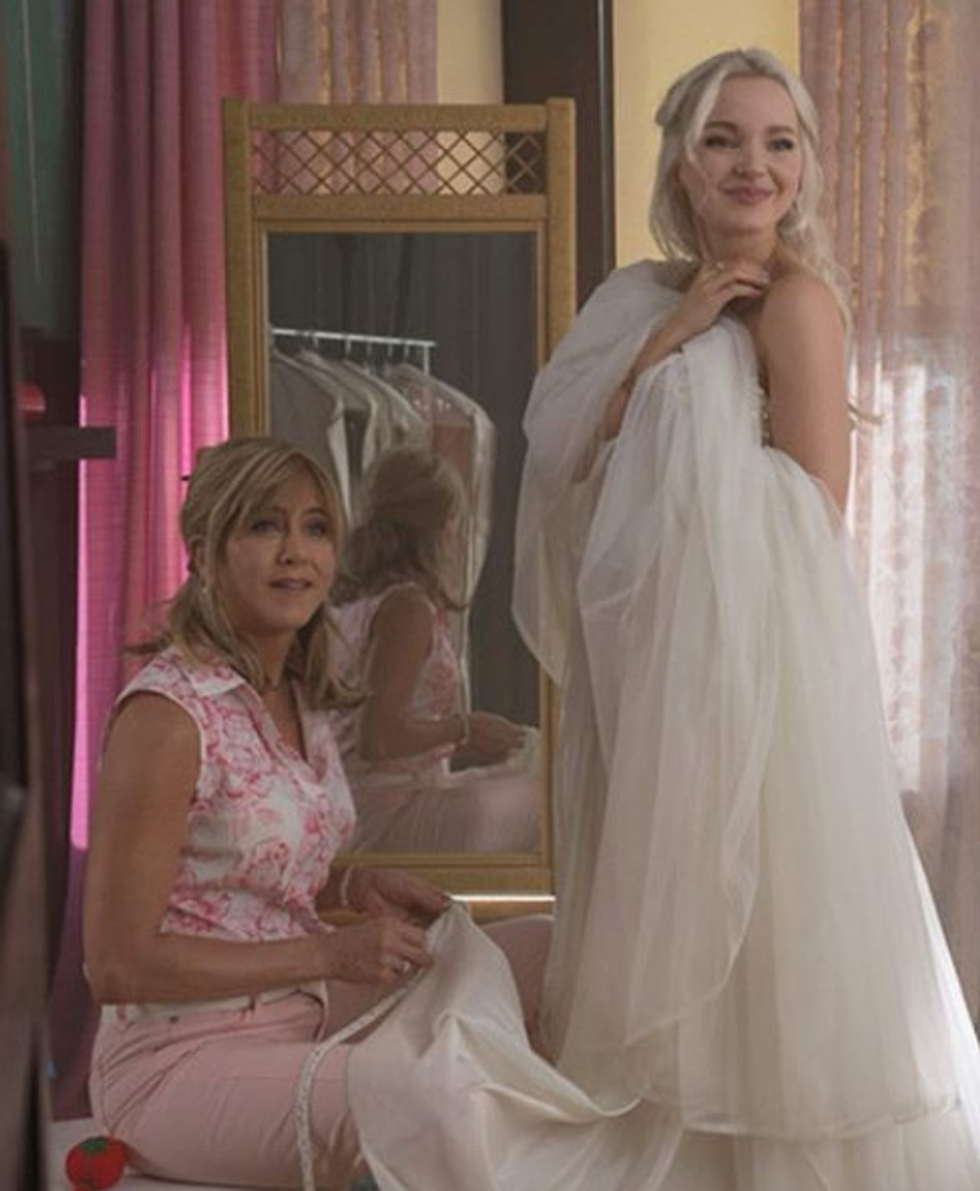
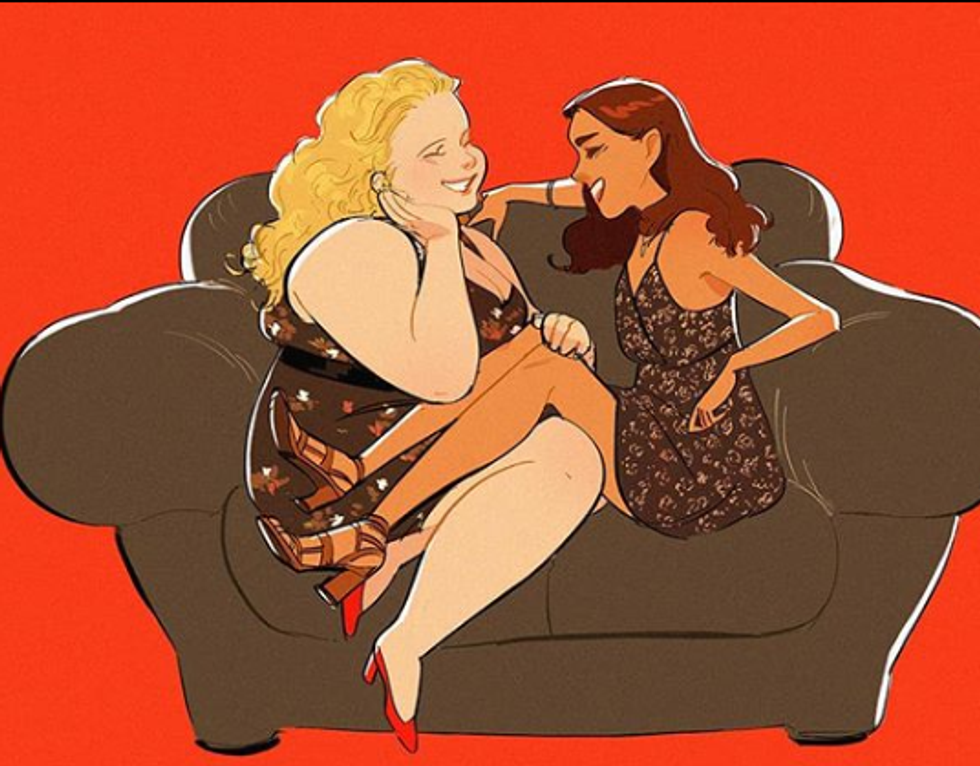
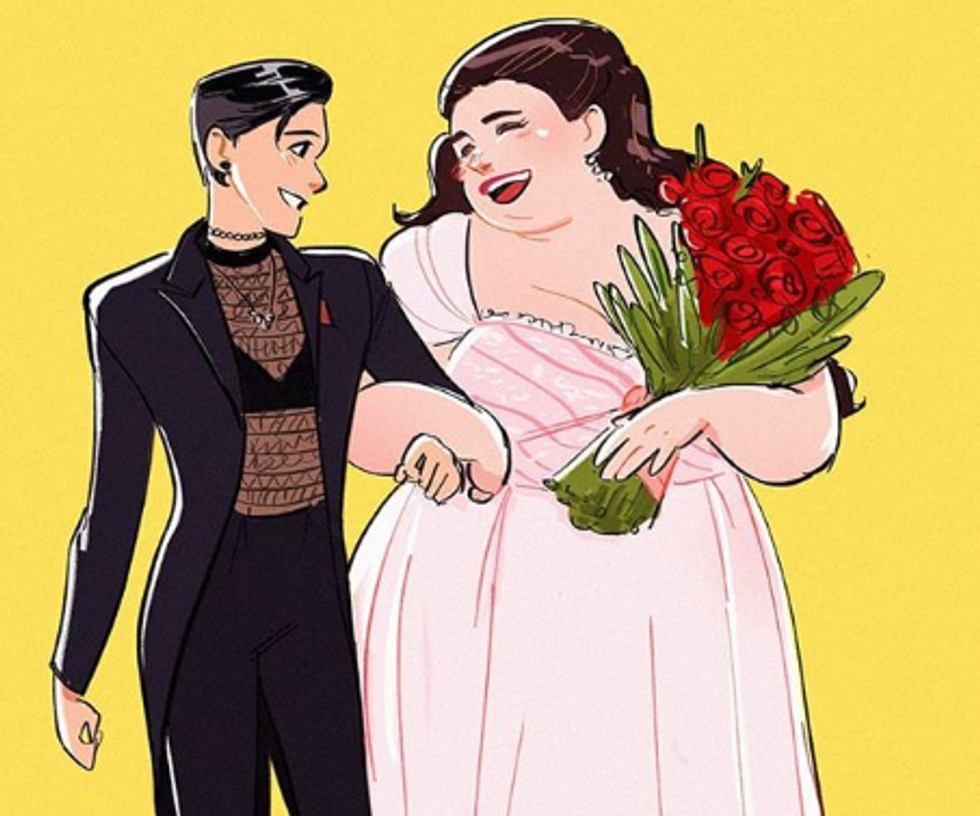

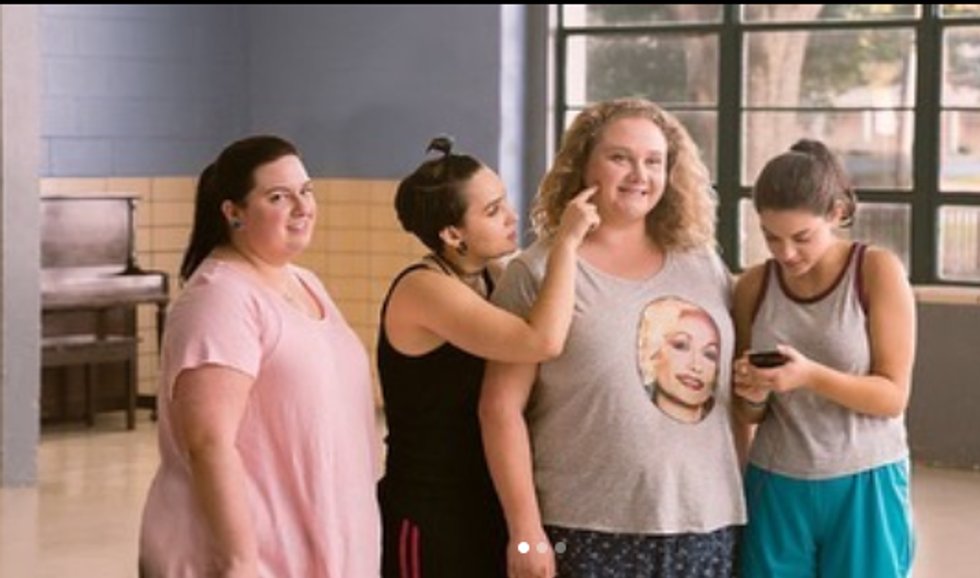
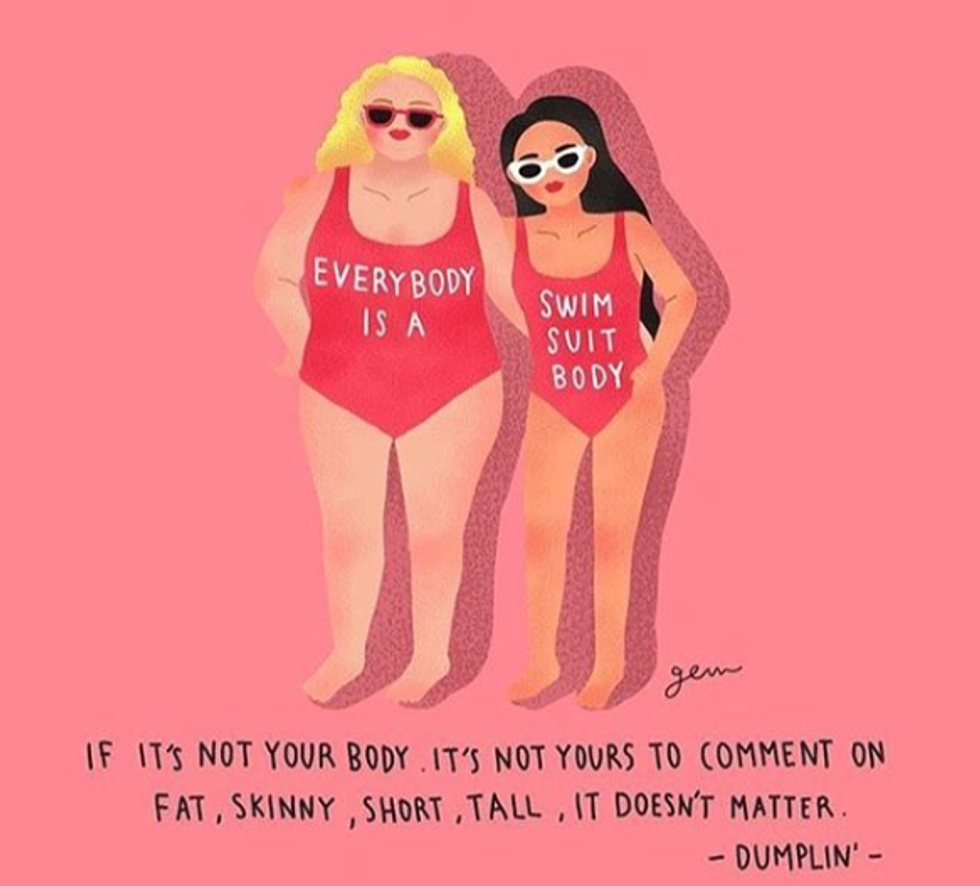
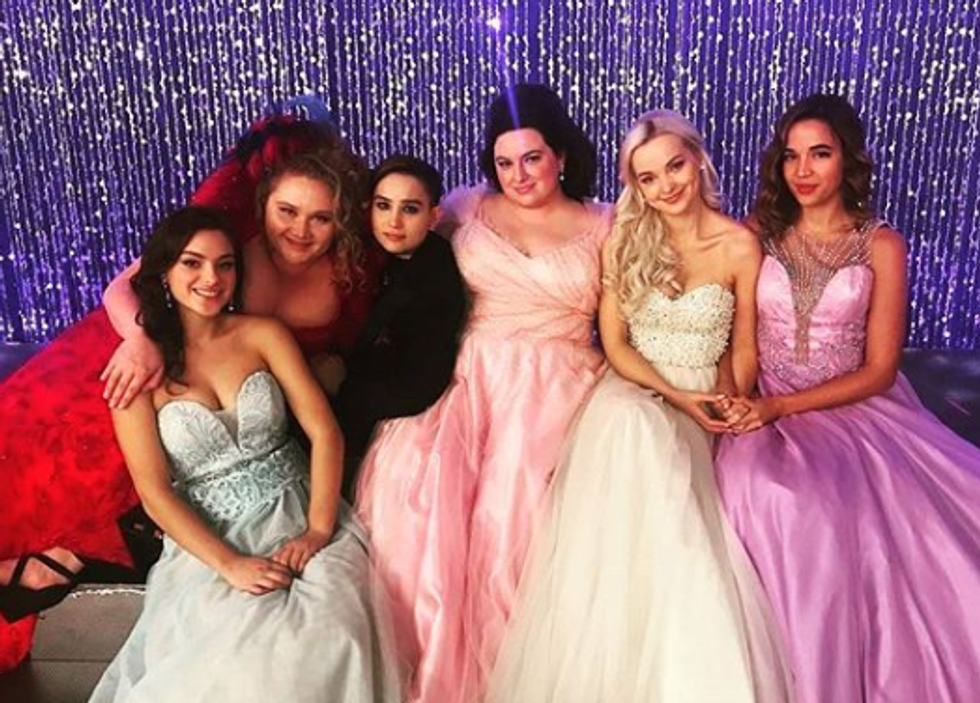


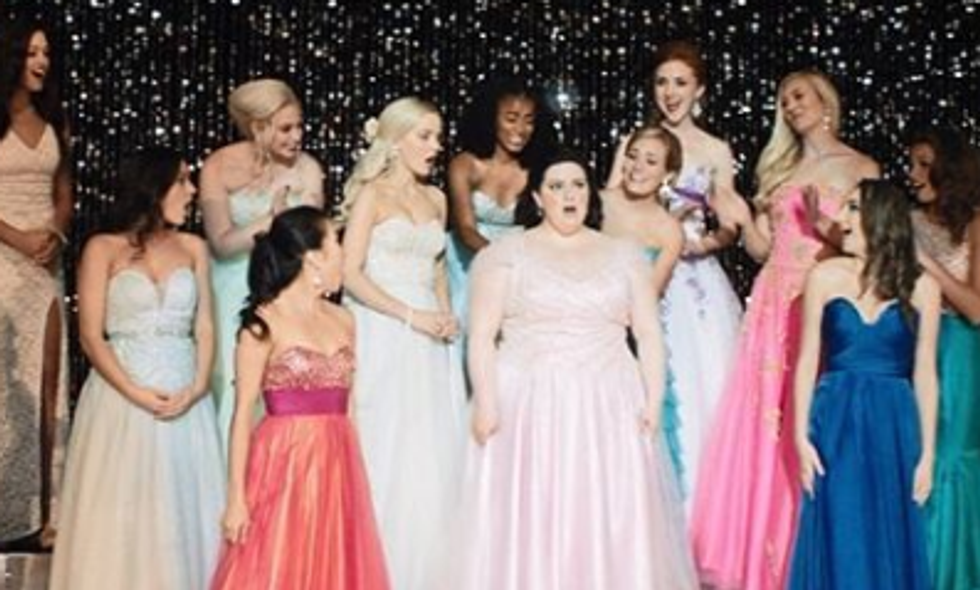
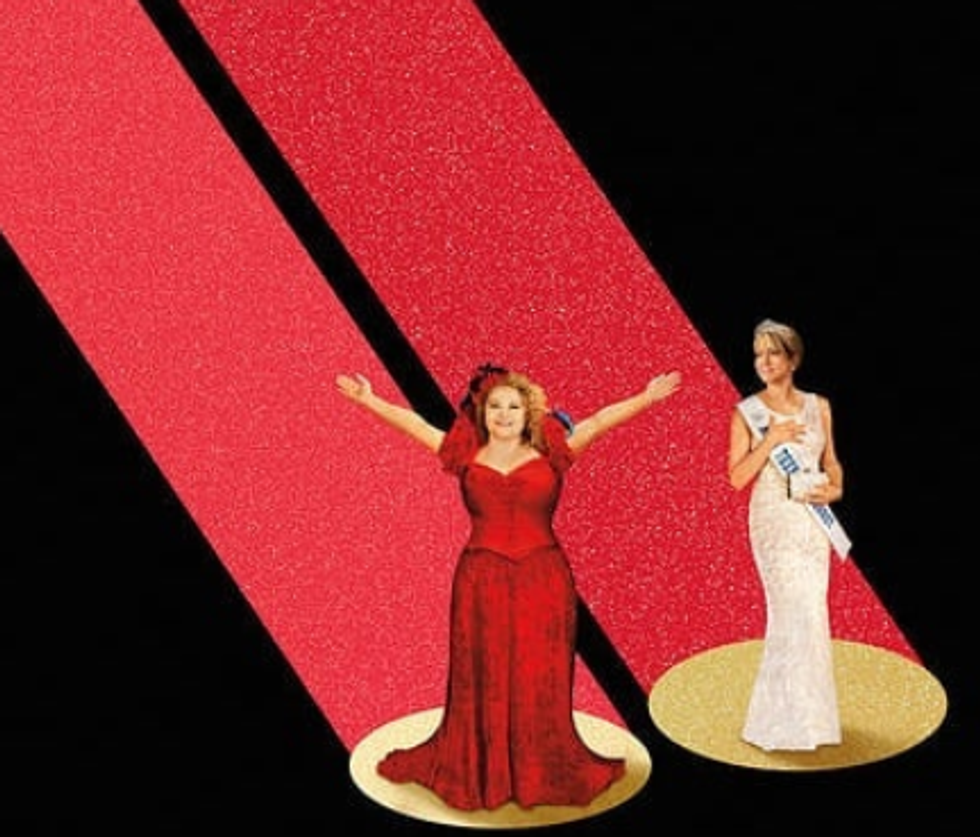
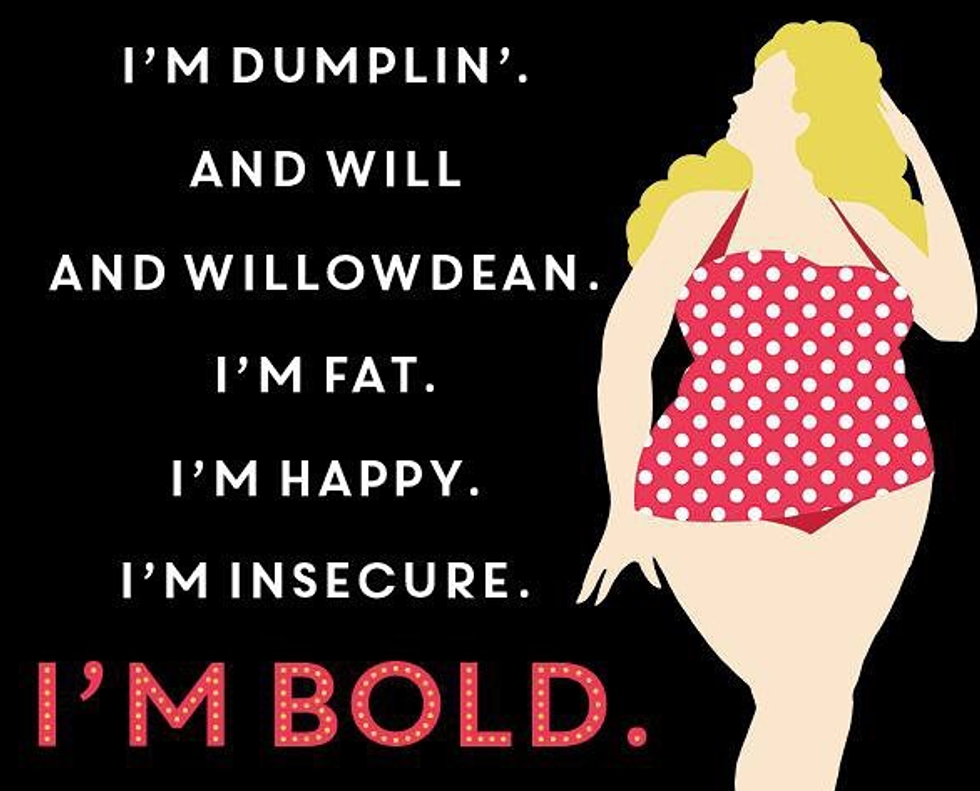
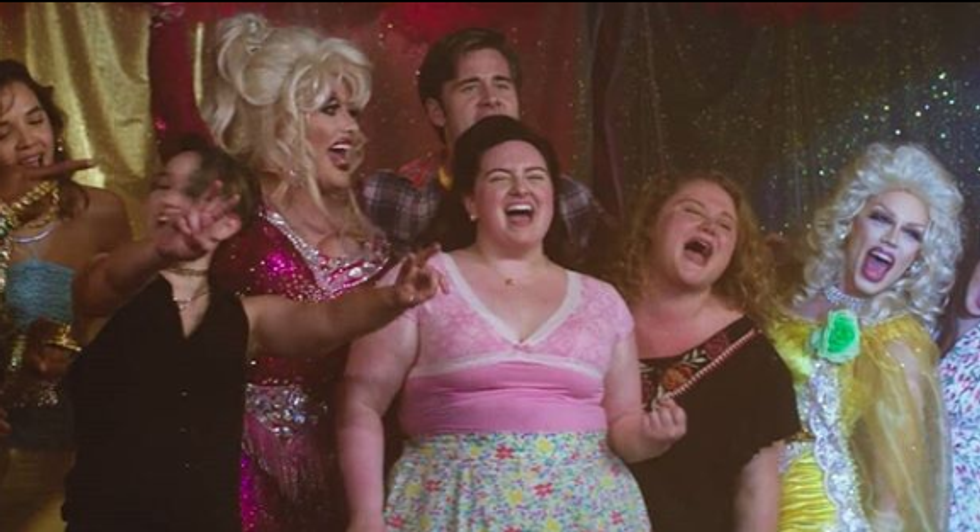





















It's Time We Stop Pretending Hyper-Sexualization Of Children Isn't An Issue, It Is
It pisses me off when people prey on children. And it pisses me off, even more, when no one wants to notice it.
I think it's time for society to take a truth pill. Although it will be hard to swallow, we'll all be better off in the end.
As each day goes by, more and more people want to ignore, discredit, and refute obvious societal problems. For example, systemic racism and gender inequality. No matter how much statistical evidence there is of racial groups being unfairly targeted in judicial and economic spheres or how many statistics they read about the gender pay gap or high prevalence of rape on college campuses, they can't seem to accept the truth.
Society is harming specific groups of people, and our lack of action against this harm is only working to fuel it.
Of course, the prevalence of those issues is far and wide. They are so overbearing that they demand our attention. Other issues, which are on a much smaller scale, are easy to overlook, or completely disregard in general. One issue that has been heavily on my mind lately is the hyper-sexualization of kids. It pisses me off when people prey on children. And it pisses me off, even more, when no one wants to notice it.
Over the years, there has been a change in how children are perceived and represented in the media. The first example that comes to mind is beauty pageants. I can't completely advocate against them since I did them as a kid and teenager. But I do have to call out when I see that young girls are steadily being pushed to
1) Wear more revealing clothing and act more provocatively and
2) Market themselves based solely on their body and appearance, which does nothing more than cause them to view themselves as objects.
Right off the bat, you can tell that these little girls are wearing more makeup and showing more skin than necessary. I hear the same tired argument over and over again — "Children showing skin isn't sexual!" which is a somewhat fair point. Most people don't feel sexual attraction to children, no matter what they're wearing (and the ones that do are not accepted by any means), but the problem isn't whether or not their bodies are sexual by nature.
The problem is that these children are put into positions where they can be victimized and preyed upon.
Yes, a pedophile might still see a young girl as sexually attractive even if she was wearing a burqa, but imagine how much worse it gets when she is wearing a lace bra, panties, and angel wings. Whether we want to admit it or not, certain fashion choices emit a different aura. The aura may not be accurate to the situation, but that doesn't change how it's perceived. When a model poses for Sports Illustrated, does she wear a turtleneck and cargo pants? No, she wears the tiniest bikini that she can find.
When little girls are wearing outfits made for grown women, how else is it supposed to be perceived?
A lot of women that I've heard from like to say that children's fashion choices shouldn't be policed just because there are sick people out there. They liken it to a woman "asking for rape" based on her fashion choices. But the difference is that as adults, we have responsibility for our children and the children in our community. I don't see how it is productive to push little girls into growing up too fast and emulating grown women. The difference between a little girl and an adult woman is that one is a sexually mature creature, while the other is not. Why do we think that we can allow the same fashion choices and behaviors for an adolescent girl and an older woman, and not expect sexual associations to be made?
And when that happens, not only are young girls more at risk of exploitation, but they are tricked into seeing themselves as sexual creatures.
Letting our young girls wear skimpy clothing, drench themselves in makeup, and gyrate to the latest hip-hop hits sends a terrible message to them. A young girl doesn't need to show off her body or obsess about her beauty. She needs to be encouraged to focus on things that matter, like her education, fostering kindness, and making worthwhile connections with the people in her life.
Now, I'm not saying that girls can't be in dance groups, can't dress up, or can't participate in beauty pageants — I'm saying that when they do these activities, it needs to be age-appropriate.
When we allow young girls to grow up too fast and feel as though they can dress and act like women, we are damaging their self-perception before they even have a chance to reach maturity. Right off the bat, they are told that their physical appearance is important and that it can bring them attention and praise. Not only that, but it makes them feel a false sense of maturity, which can push them into committing acts they most definitely are not ready to handle. Look at all of the "musical.ly girls" who are becoming famous: they are around the ages of 13, 14 and 15, and already they are over-sexualized and know that they can use their body to get attention.
We cannot idly stand by and condone this behavior. No matter which way you spin it, young girls will also be harmed by this.